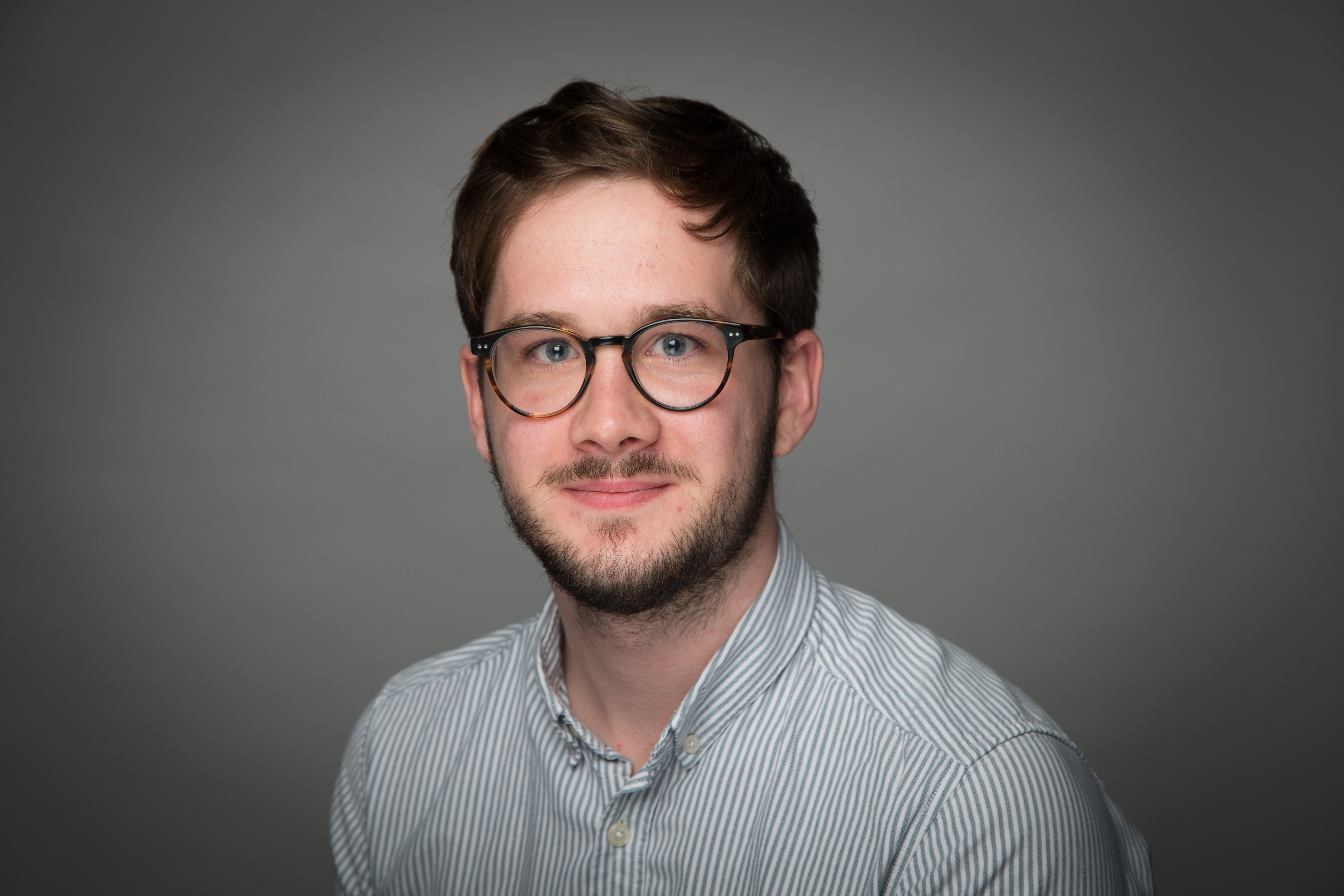|
Project title: Defining the myofibroblast phenotype in Dupuytren’s disease
|
|
Grant Holder: Dr Thomas Layton, Prof Jagdeep Nanchahal
Position: Clinical Research Fellow
|
 |
| Date of award |
21/12/2017 |
| Start date for research |
30/01/2017 |
| Date of report |
02/01/2017 |
| Grant Awarded |
£21,500 |
| Interim or final report |
Interim |
|
Summary of project/progress /findings (approx 300 words)
Dupuytren’s disease (DD) is a fibrotic disorder of the hand affecting 4% of the UK population and can lead to a significant impairment of hand function as the fingers curl irreversibly into the palm. The cells responsible for the deposition of the excessive tissue and contraction are in this condition are myofibroblasts, specialized stromal cells that drive all fibrotic diseases. Despite their significance, we still lack a clear understanding of these cells and this has hampered efforts to develop new treatments that target fibrosis in Dupuytren’s disease. This project aims to better understand the myofibroblast in Dupuytren’s disease by defining genes specific to these cells compared to control cells from the same patients, and subsequently exploring their function.
|
|
What is the relevance/value of this research to hand surgery:
At present there is no approved treatment for early Dupuytren’s disease or for preventing recurrence following surgical excision. Therefore, there is an urgent unmet need to develop effective non-surgical treatments for patients with this condition at an early stage. Through a greater understanding of the myofibroblast phenotype and the identification of novel cell markers we aim to elucidate potential targets for clinical translation. Our group has previously taken targets identified into the current phase 2 clinical trial. We appreciated the timescale for novel therapeutic to reach patients, but this project will allow for the mechanistic insight into targets identified and thus support eventual clinical translation.
|
|
Please state what additional research this study has/is leading to
This grant will allow us to integrate two large gene expression datasets to build a robust gene expression signature of myofibroblasts in Dupuytren’s disease.
|
|
How has this grant awards helped your career development?
I am currently a clinical fellow in translational surgery and this fellowship will provide a platform for me to continue my research in Dupuytren’s disease. I will use this as an opportunity to cement my knowledge base and skill sets in basic science that will be invaluable for my future career. Over the past year my passion for basic science research has grown and I look forward to the challenge this fellowship will bring. My overall goal is to become an academic plastic surgeon.
|